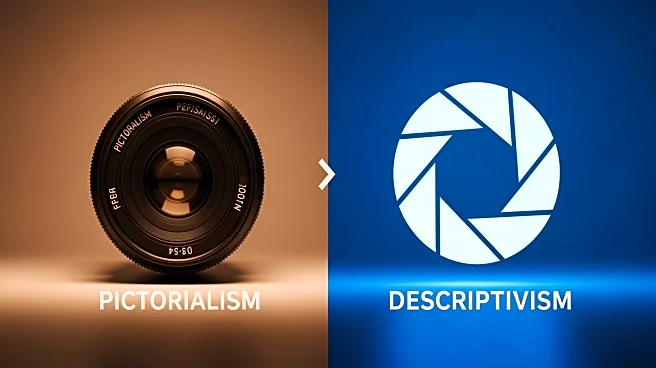What's Happening?
Kevin Parker, the Australian multi-instrumentalist behind Tame Impala, has responded to criticism suggesting his music has become more commercial to increase sales. Ahead of the release of his fifth studio
album 'Deadbeat', Parker discussed the notion that he is focusing on commercial success rather than artistic integrity. He emphasized that repeating past successes would be predictable and unchallenging, indicating that his creative choices are driven by artistic exploration rather than financial gain. Parker highlighted the risks he took with his previous album 'Currents', which featured less guitar and more electronic elements, as a testament to his commitment to innovation.
Why It's Important?
The discussion around Tame Impala's musical direction is significant as it reflects broader industry trends where artists balance commercial viability with creative expression. Parker's stance challenges the notion that commercial success necessitates artistic compromise, potentially influencing other musicians facing similar dilemmas. This dialogue is crucial for the music industry, where the pressure to produce commercially successful work can often overshadow artistic innovation. Fans and critics alike are watching closely to see how Parker's approach will impact his career and the reception of 'Deadbeat'.
What's Next?
Tame Impala is set to embark on a major tour across the U.S., UK, and Europe, starting in October 2025. This tour will provide Parker with a platform to showcase his new music and potentially address the commercial versus artistic debate through live performances. The reception of 'Deadbeat' and the tour's success will likely influence Parker's future projects and his standing in the music industry. Fans and industry stakeholders will be observing how Parker's artistic choices resonate with audiences globally.
Beyond the Headlines
Parker's comments highlight the ongoing tension between artistic integrity and commercial success in the music industry. This situation raises questions about the sustainability of artistic innovation in a market-driven environment. It also underscores the importance of artists maintaining their creative vision amidst external pressures, which could inspire emerging musicians to prioritize artistic authenticity over commercial appeal.










